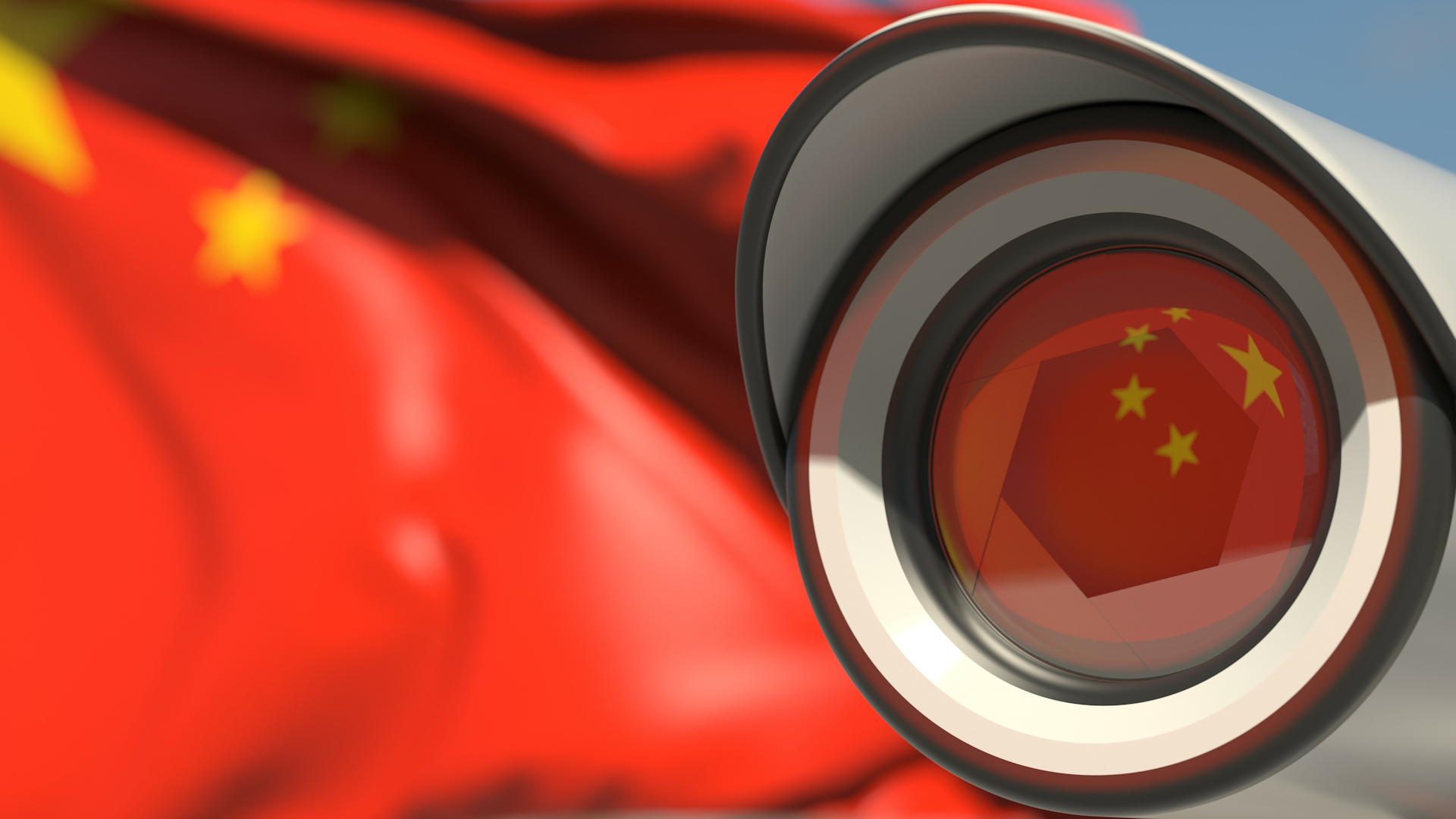
I had not been in China for a long time. Perhaps it should not have been, but it was a shock to come face to face with the surveillance state.
By Gregory F. Treverton
Note: The views expressed here are those of the author and do not necessarily represent or reflect the views of SMA, Inc.
I had studied and written about repression in China, and in particular President Xi Jinping’s crack-down. The war on corruption seemed real but also seemed a war on political rivals. And the crack-down raised as many questions as it answered: why crack down on the private sector, especially China’s own tech giants, when they were likely to be the source of innovation in a country whose coming great test is exactly how able it is to move beyond very sophisticated adaptations of existing technology to real innovation?
I had also thought about the country’s social credit system, much damned as Orwell come true. There, too, the truth seemed more elusive than many of the cardboard portrayals of the system. At the level of aspiration, it sought to improve the social behavior of China’s citizen, a goal other countries share. If some of China’s methods were extreme, for instance, denying people the right to travel if their behavior had been bad, those instances seemed relatively rare. Rather than thinking of the system as an extension of credit ratings to social behavior, it is probably better conceived as an extension of drivers’ license points for bad behavior. It is a kind of national blacklisting for failures to follow the law, aimed mostly at corporations and organizations in regulated sectors, with individuals touched mostly as they represent blacklisted companies or fail to comply with court judgments
As a technocrat, I could also not escape some closet sympathy for, for instance, China’s measures to slow the movement of people from rural areas to the cities, lest city services be overwhelmed. Indeed, one of the enviable features of the Chinese system for me was its technocratic bent: it could, for example, experiment with a particular social innovation in one city, see if it worked, and if so, scale it up across the country—a process virtually impossible in the United States where innovations in governance need to be understood and embraced by states and localities, not to mention citizens, many of whom exercise a de facto veto power. Democracy is wonderful, but it isn’t fast or innovative. As a result, China is a world leader in innovations in urban governance.
All that, though, was pretty abstract in my writings about China. It took actually being there to drive home what a surveillance state looks like. My journey from Los Angeles to Sanya, a seaside town in Hainan Province took me first to Hong Kong, then to Kunming. I quickly wondered just how many document checks, photos of me, and inspections of my luggage were required. And I was a foreigner seeking to attend a conference—and spend some money—in China. I could only imagine how much more intrusive it would be if I were Chinese and seeking to relocate inside the country.
I also discovered first-hand how boring a surveillance state could be; a reminder that took me back to my times in the old Soviet Union. I had a wonderful room with a big screen TV. The only problem was there was almost nothing to watch. Virtually all the stations, even in English, were official Chinese. To be sure, if I spoke Mandarin, I might have gleaned nuances of insight from what was said—and wasn’t said—on the Chinese stations. But otherwise, television was simply boring. How many times can you watch China’s flag blowing in the breeze over spanking new bridges, freeways, or weapons systems?
I also learned first-hand just how effective a surveillance state could be. What had brought me to Sanya was a conference of Americans and Chinese—some of whom had been high in officialdom—seeking to find paths to better Sino-American relations. Plainly, the Chinese government had permitted the meeting, but just as plainly the government was going to be paying attention. I knew that any electronics I brought with me were at risk of being turned inside out by the government, so I left my computer at home, instead borrowing a computer from my university and thus had no personal information on it, and I turned off my cell when I left Los Angeles.
The computer would be perfect for taking notes, and I didn’t mind sharing my reflections on the proceedings with Chinese intelligence. That left, however, the problem of communicating with loved ones. There, I thought I had been so clever: I’d installed WhatsApp on the computer and created a new email address just for the trip, which I’d offer to correspondents for emergencies in an out-of-office message on my regular email. I tried WhatsApp before I left, and it worked like a charm. Ditto in Hong Kong. When I got to Kunming, though, it all stopped. I should have realized: China blocked both WhatsApp and Google. That realization was particularly alarming when my flight to Sanya was two hours late. It dawned on me, agonizingly, that if someone from the conference organizers wasn’t there, I was in a pickle. For some reason, the conference materials I had copied and brought didn’t have the name of the hotel. And even if I took the risk of turning on my cell phone, WhatsApp wouldn’t work on it either, and besides, the person I might call surely almost surely hadn’t brought his usual cell phone.
Happily, a driver from the conference had waited and took me to the hotel. Pickle averted. But because China had blocked both my clever schemes for communicating, the score was China 2; Treverton 0. The surveillance state had won this round.